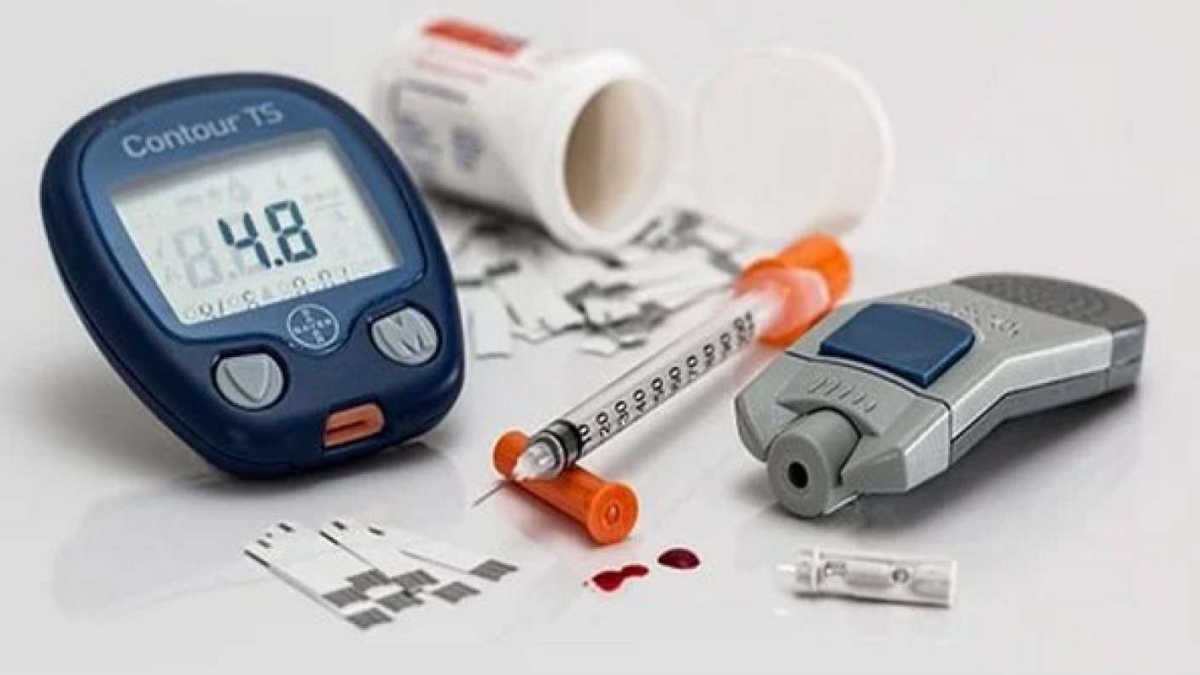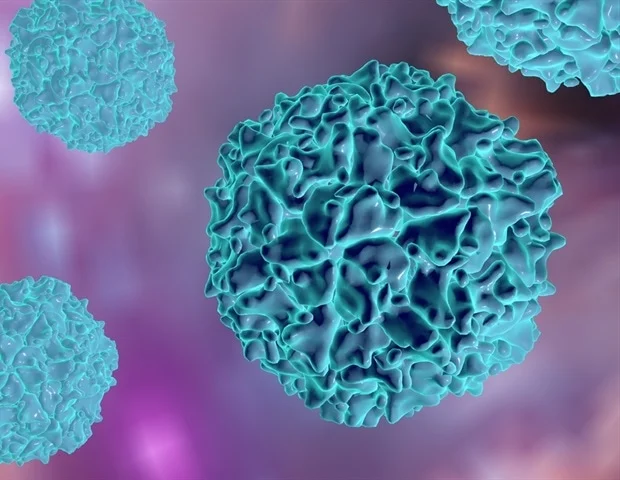GOTHENBURG (SWEDEN): While people with type 2 diabetes tend to have poorer muscle function than others, a research team at Lund University in Sweden, has now discovered that in type 2 diabetes, a specific gene is of great importance for the ability of muscle stem cells to create new mature muscle cells. “In people with type 2 diabetes, the VPS39 gene is significantly less active in the muscle cells than it is in other people, and the stem cells with less activity of the gene do not form new muscle cells to the same degree. The gene is important when muscle cells absorb sugar from the blood and build new muscle. Our study is the first ever to link this gene to type 2 diabetes,” says Charlotte Ling, professor of epigenetics at Lund University who led the study.
In type 2 diabetes, the ability to produce insulin is impaired, and patients have chronically elevated blood sugar. Muscles are generally worse at absorbing sugar from food, and muscle function and strength are impaired in patients with type 2 diabetes.
Two groups were included in the study: 14 participants with type 2 diabetes and 14 healthy people in a control group. The participants in the groups were matched by age, gender and BMI. The researchers studied epigenetic changes in the muscle stem cells in both groups, and under exactly the same conditions, they also extracted mature muscle cells and compared them. In total, they identified 20 genes, including VPS39, whose gene expression differed between the groups in both immature muscle stem cells and mature muscle cells. The researchers also compared the epigenetic patterns of muscle cells before and after cell differentiation in both groups.
“Despite the fact that both groups’ muscle stem cells were grown under identical conditions, we saw more than twice as many epigenetic changes in the type 2 diabetes group during the differentiation from muscle stem cell to mature muscle cells. Muscle-specific genes were not regulated normally, and epigenetics did not function in the same way in cells from people with type 2 diabetes,” says Ling. “The study clearly showed that muscle stem cells that lack the function of the gene VPS39, which is lower in type 2 diabetes, also lack the ability to form new mature muscle cells. This is because muscle stem cells that lack VPS39 due to altered epigenetic mechanisms cannot change their metabolism in the same way as muscle stem cells from controls — the cells, therefore, remain immature or break down and die,” says Johanna Sall Sernevi, postdoc researcher at Lund University.
“The genome, our DNA, can’t be changed, although epigenetics in effect does. With this, it is possible to change the dysfunctional epigenetics that occur in type 2 diabetes. For example, by regulating proteins, stimulating or increasing the amount of the VPS39 gene, it would be possible to affect the muscles’ ability to regenerate and absorb sugar,” concludes Ling.













